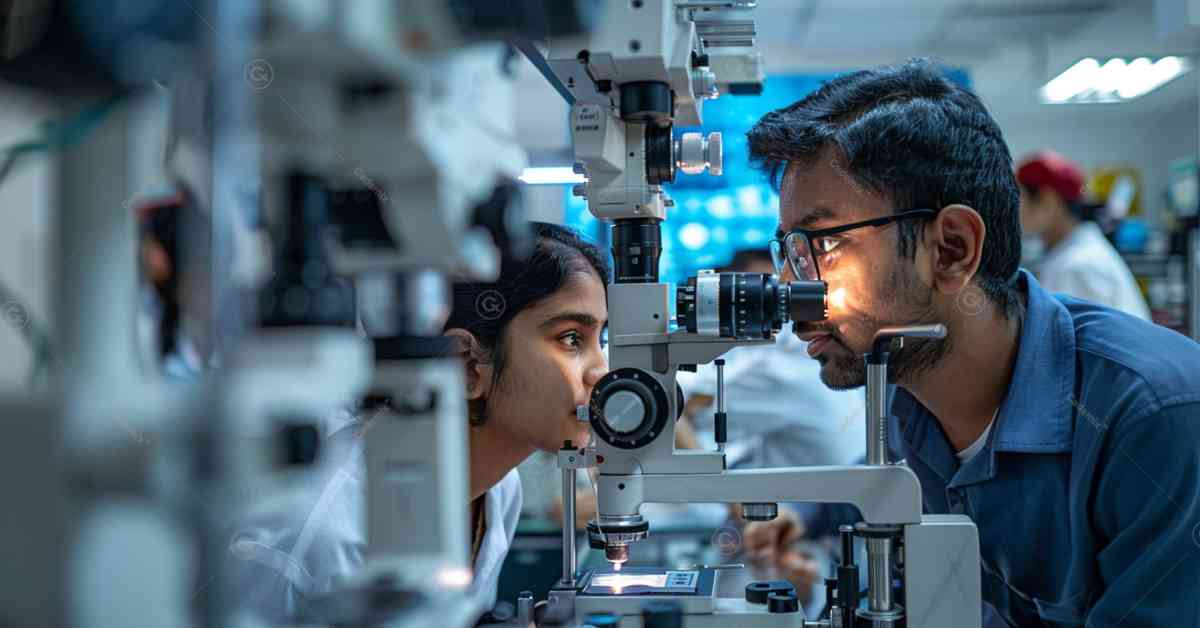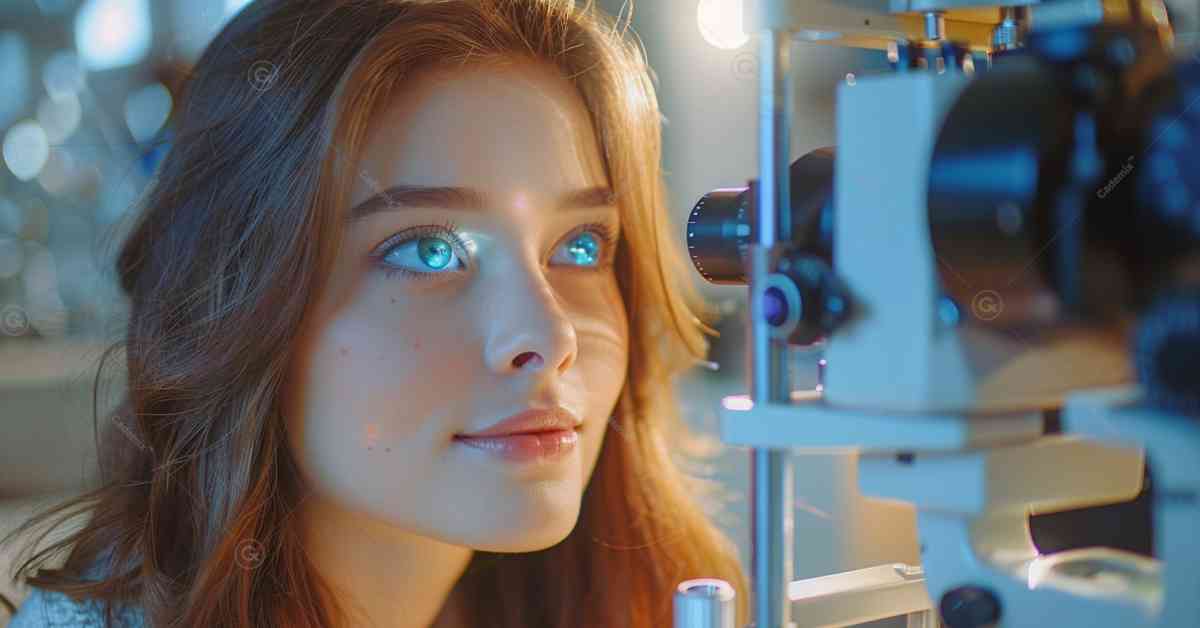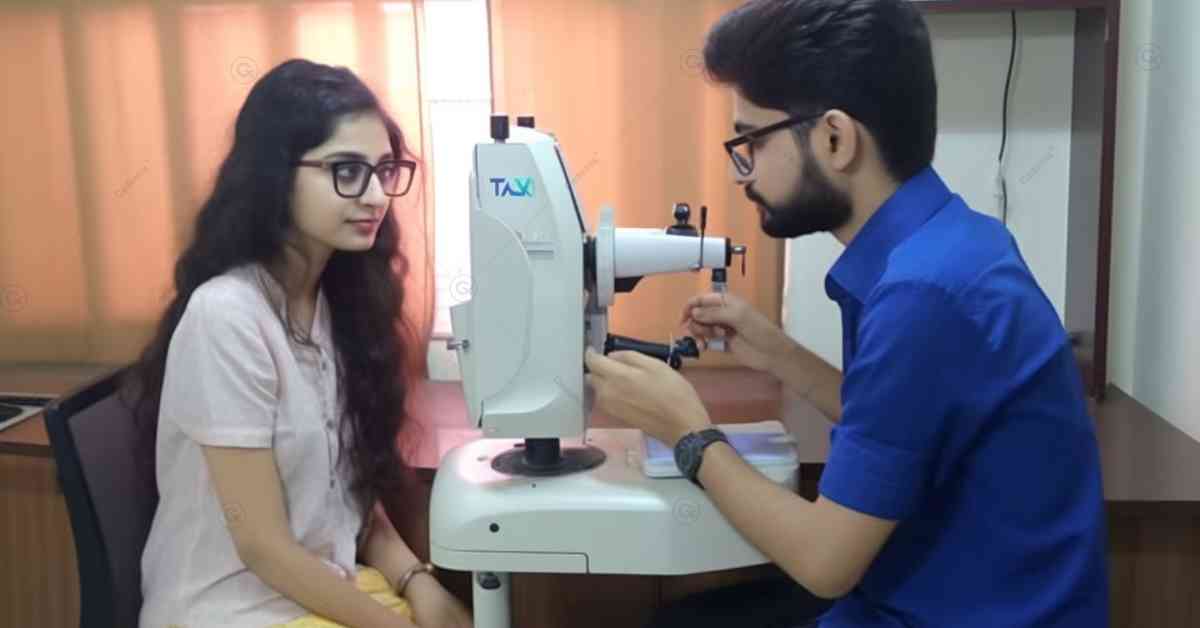Ophthalmology is a specialized field of medicine focused on the diagnosis, treatment, and prevention of eye diseases and disorders. This article provides an in-depth look at ophthalmology, covering various aspects such as eye examinations, common eye conditions, surgical procedures, and advancements in eye care.
By Jom Johnson and Javad Zarbakhsh, Cademix Institute of Technology
ophthalmology, eye care, eye health, eye diseases, eye surgery, ophthalmologist, vision correction, eye examinations, ocular health, eye treatment
The Role of Ophthalmologists in Eye Care
Who Are Ophthalmologists?
Ophthalmologists are medical doctors who specialize in eye and vision care. They have extensive training, including medical school, residency, and often additional fellowship training in a subspecialty. Their expertise encompasses a wide range of eye health services, from prescribing glasses and contact lenses to performing complex eye surgeries.

Comprehensive Eye Examinations
Ophthalmologists conduct comprehensive eye exams to assess the overall health of the eyes and detect any underlying conditions. These exams are critical for early diagnosis and treatment of eye diseases.
Common Eye Conditions Treated by Ophthalmologists
Cataracts
Cataracts are a common condition, particularly among older adults, where the eye’s lens becomes cloudy, leading to blurred vision. Ophthalmologists treat cataracts primarily through cataract surgery, which involves removing the cloudy lens and replacing it with an artificial intraocular lens (IOL).
Glaucoma
Glaucoma is a group of eye diseases that damage the optic nerve, often due to elevated intraocular pressure. Left untreated, glaucoma can lead to permanent vision loss. Treatment options include medications, laser therapy, and surgical procedures to reduce eye pressure and prevent further damage.
Macular Degeneration
Age-related macular degeneration (AMD) affects the macula, the part of the retina responsible for central vision. AMD is a leading cause of vision loss in older adults. While there is no cure, treatments such as anti-VEGF injections, laser therapy, and lifestyle changes can help slow the progression of the disease.
Diabetic Retinopathy
Diabetic retinopathy is a complication of diabetes that affects the blood vessels in the retina. It can cause vision loss and is managed through strict blood sugar control, laser treatments, and injections of anti-VEGF medications.
Advanced Surgical Procedures in Ophthalmology
LASIK and PRK
Laser-assisted in situ keratomileusis (LASIK) and photorefractive keratectomy (PRK) are popular laser eye surgeries that correct refractive errors such as nearsightedness, farsightedness, and astigmatism. These procedures reshape the cornea to improve vision and reduce or eliminate the need for glasses or contact lenses.
Cataract Surgery
Cataract surgery is one of the most common and successful surgical procedures performed by ophthalmologists. It involves removing the cloudy lens and replacing it with an artificial lens. Advanced techniques, such as femtosecond laser-assisted cataract surgery, offer increased precision and improved outcomes.
Glaucoma Surgery
For patients with glaucoma, several surgical options are available to lower intraocular pressure. These include trabeculectomy, glaucoma drainage implants, and minimally invasive glaucoma surgeries (MIGS). Each procedure has specific indications and benefits, and the choice depends on the individual patient’s condition.
Retinal Surgery
Ophthalmologists perform various retinal surgeries to treat conditions such as retinal detachment, macular holes, and diabetic retinopathy. Techniques include vitrectomy, laser photocoagulation, and pneumatic retinopexy. Early intervention is crucial for preserving vision in these conditions.

Pediatric Ophthalmology: Specialized Care for Children
Common Pediatric Eye Conditions
Children can experience a range of eye conditions that require specialized care. These include:
- Amblyopia (Lazy Eye): Reduced vision in one eye due to improper development of visual pathways.
- Strabismus (Crossed Eyes): Misalignment of the eyes, which can lead to double vision and impaired depth perception.
- Congenital Cataracts: Clouding of the lens present at birth, which can affect visual development.
Importance of Early Eye Examinations
Early eye examinations are vital for detecting and treating pediatric eye conditions. The American Academy of Ophthalmology recommends that children have their first comprehensive eye exam at 6 months, with follow-up exams at 3 years and before starting school. Early detection and treatment can prevent long-term vision problems and support healthy visual development.
Advances in Ophthalmic Technology
Optical Coherence Tomography (OCT)
OCT is a non-invasive imaging technology used to capture detailed cross-sectional images of the retina. It is essential for diagnosing and monitoring conditions such as macular degeneration, diabetic retinopathy, and glaucoma. OCT provides high-resolution images that allow for early detection and precise treatment planning.
Fundus Photography
Fundus photography involves capturing images of the back of the eye, including the retina, optic disc, and blood vessels. These images are crucial for diagnosing and monitoring various eye conditions. Advanced fundus cameras provide high-definition images that enhance diagnostic accuracy.
Corneal Topography
Corneal topography maps the curvature of the cornea, providing detailed information about its shape and surface. It is essential for diagnosing and managing conditions such as keratoconus and for planning refractive surgeries like LASIK. Advanced corneal topographers offer high-resolution mapping and enhanced diagnostic capabilities.

Artificial Intelligence in Ophthalmology
Artificial intelligence (AI) is increasingly being integrated into ophthalmology to improve diagnostic accuracy and patient care. AI algorithms can analyze imaging data to detect early signs of eye diseases, such as diabetic retinopathy and macular degeneration. These technologies can assist ophthalmologists in making more accurate diagnoses and treatment decisions.
Preventive Eye Care: Tips for Maintaining Healthy Vision
Regular Eye Examinations
Routine eye exams are essential for maintaining healthy vision and detecting eye conditions early. Adults should have a comprehensive eye exam every two years, and annually if they are over 60 or have risk factors such as diabetes or a family history of eye diseases.
Healthy Diet and Nutrition
A balanced diet rich in vitamins and nutrients supports eye health. Key nutrients include:
- Vitamin A: Essential for good vision and overall eye health.
- Vitamin C: Helps prevent cataracts and supports the health of blood vessels in the eye.
- Vitamin E: Protects the eyes from oxidative stress.
- Omega-3 Fatty Acids: Found in fish, these are beneficial for retinal health and may reduce the risk of dry eyes.
Protective Eyewear
Wearing protective eyewear can prevent eye injuries. This includes safety glasses for work-related hazards, sports goggles for athletes, and sunglasses that block 100% of UVA and UVB rays.
Managing Screen Time
Prolonged screen time can lead to digital eye strain. To alleviate this, follow the 20-20-20 rule: every 20 minutes, look at something 20 feet away for at least 20 seconds.

Regular Exercise
Regular physical activity improves blood circulation, which is beneficial for eye health. It also helps in managing conditions like diabetes and high blood pressure, which can affect the eyes.
Eye Care Myths and Facts
Myth: Reading in Dim Light Damages Your Eyes
Fact: Reading in dim light does not damage your eyes, but it can cause eye strain. Ensure adequate lighting to reduce strain and make reading more comfortable.
Myth: Carrots Are the Best Food for Eye Health
Fact: While carrots are good for your eyes due to their vitamin A content, a balanced diet with a variety of nutrients is essential for overall eye health.
Myth: Wearing Glasses Weakens Your Eyes
Fact: Wearing glasses does not weaken your eyes. They correct your vision and help you see clearly, which can actually reduce eye strain.
Conclusion
Ophthalmology plays a crucial role in maintaining eye health and providing comprehensive care for various eye conditions. From routine eye exams to advanced surgical procedures, ophthalmologists are equipped to diagnose and treat a wide range of eye diseases. By staying informed about the latest advancements in eye care and taking preventive measures, you can ensure optimal vision health. For expert ophthalmology services, visit our clinic and explore our Acceleration Program, which includes CV reviews and specialized further education. Contact us today to schedule your appointment and take proactive steps towards preserving your vision.
Explore our Acceleration Program and consultancy services: Cademix Institute of Technology
For more information on ophthalmology: American Academy of Ophthalmology
Discover advanced treatments and eyewear options at: Eye Clinic Vienna

